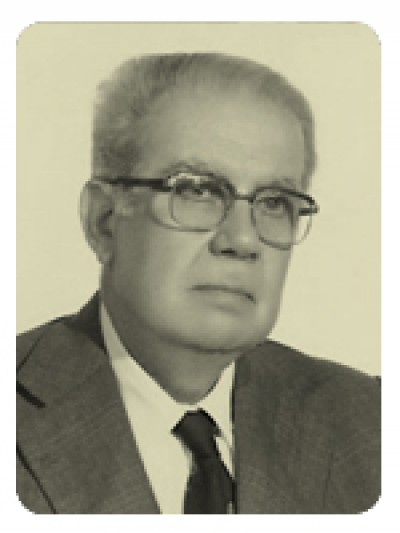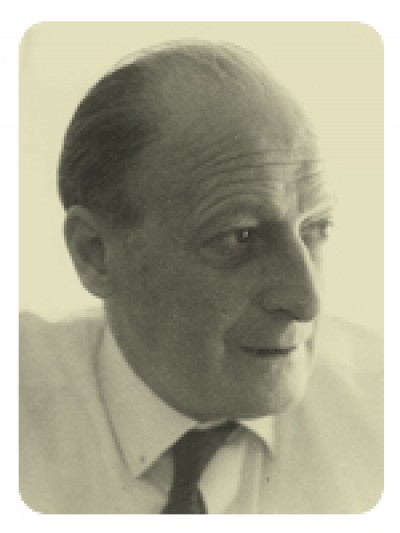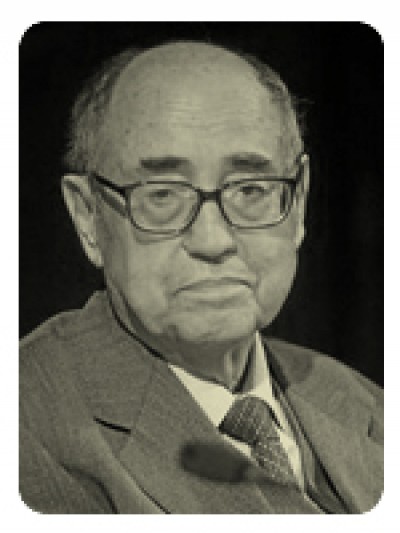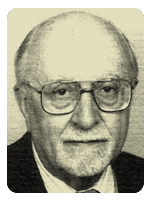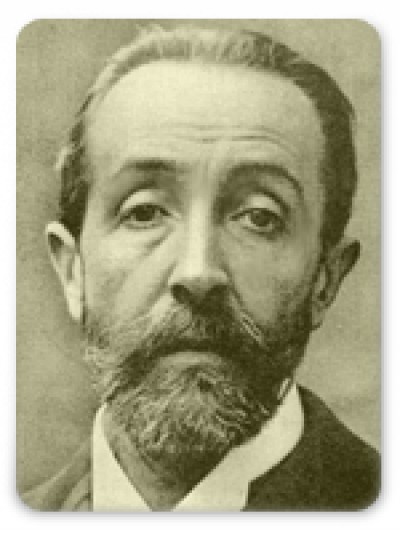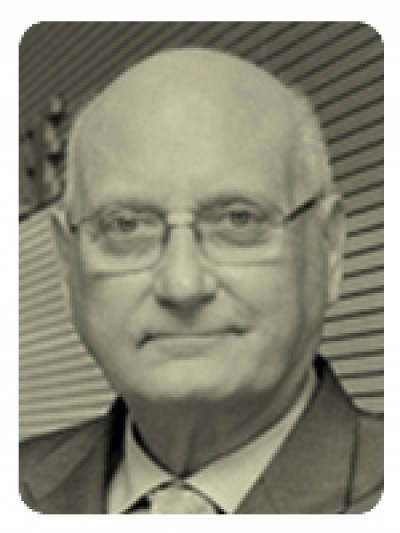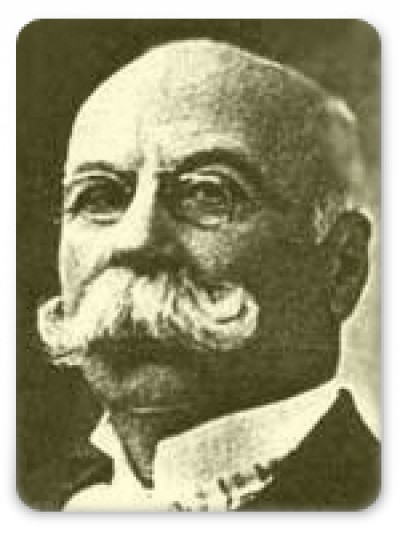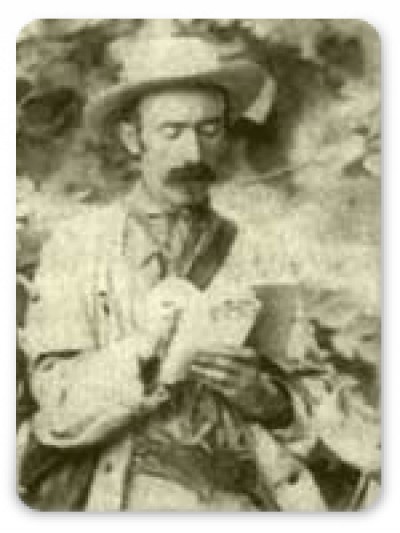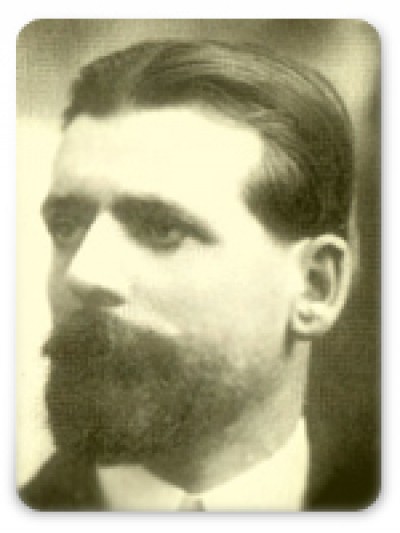Engineer and professor of electrical engineering at the Technical University of Catalonia (UPC). A beloved professor, a renowned engineer and a respected academic figure, Enric Ras i Oliva led engineering beyond where it seemed possible to when he began to practice it, amidst the Spanish Civil War. Involved not only in his work, but in the development and the future of engineering in Catalonia, he also managed to emphasize the importance of the social and ecological responsibility it entailed.
Jaume was born in Barcelona in 1905, son of surgeon Antoni Raventós i Avinyò from the Hospital de la Santa Creu i Sant Pau and nephew of the historian, architect and collaborator of Enric Prat de la Riba in the Institute for Catalan Studies (IEC), Josep Pijoan i Soteras. He did his studies of Medicine at the University of Barcelona, where was internal student of Physiology with Dr. August Pi and Sunyer. It obtained the degree in 1930 and was internal doctor, later internal teacher and assistant teacher of Human Physiology of the Department of Physiology. It defended his doctoral thesis in neurotransmitters in 1934.
World-renowned specialist in the study of bryozoan fossils. A member of the Department of Science and Technology at the Institute of Catalan Studies (IEC) since 1986. A scientist and a humanist, he was the founder and director of the magazine Contributions to Science.
Sorry for inconvenience, we are still working in this translation.
Medical Doctor and politician. He started his studies in Sitges. He studied Medicine in Barcelona and he got his M.D. in Madrid (1864). He worked in the Hospital de la Santa Creu in 1869.
Dr. Joan Rodés is born in Barcelona the 11 March, 1938. His infancy is marked by the scarcity and the repression of the post-war once finished the Spanish Civil War. He studies Medicine, influenced by his maternal grandfather Dr. Pau Teixidor, doctor of Rodonyà. It does it in the Faculty of Medicine of the University of Barcelona, between 1955 and 1962.
He participated in huge public works in South America. During excavations for this public works, he found bones greater than normal ones.
He studied algae and the flora of Menorca (Illes Balears). His interest in algae made him collect different samples until he had a valuable collection.
He studied in the Escuela Veterinaria de Zaragoza and worked in Barcelona and Ripoll. He was exiled because of the Semana Trágica (1909) and went to France, where he became interested with the cattle productions of Catalunya.

